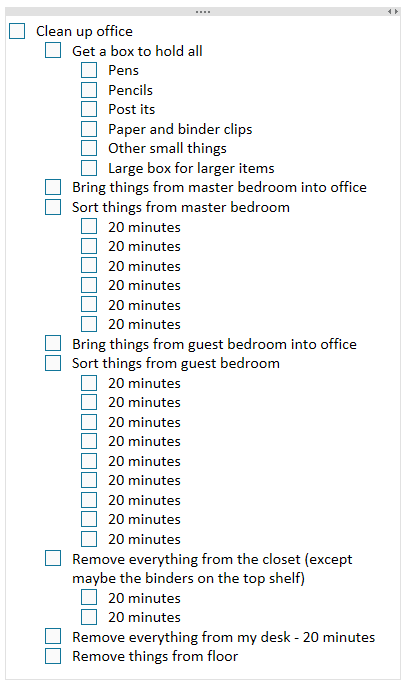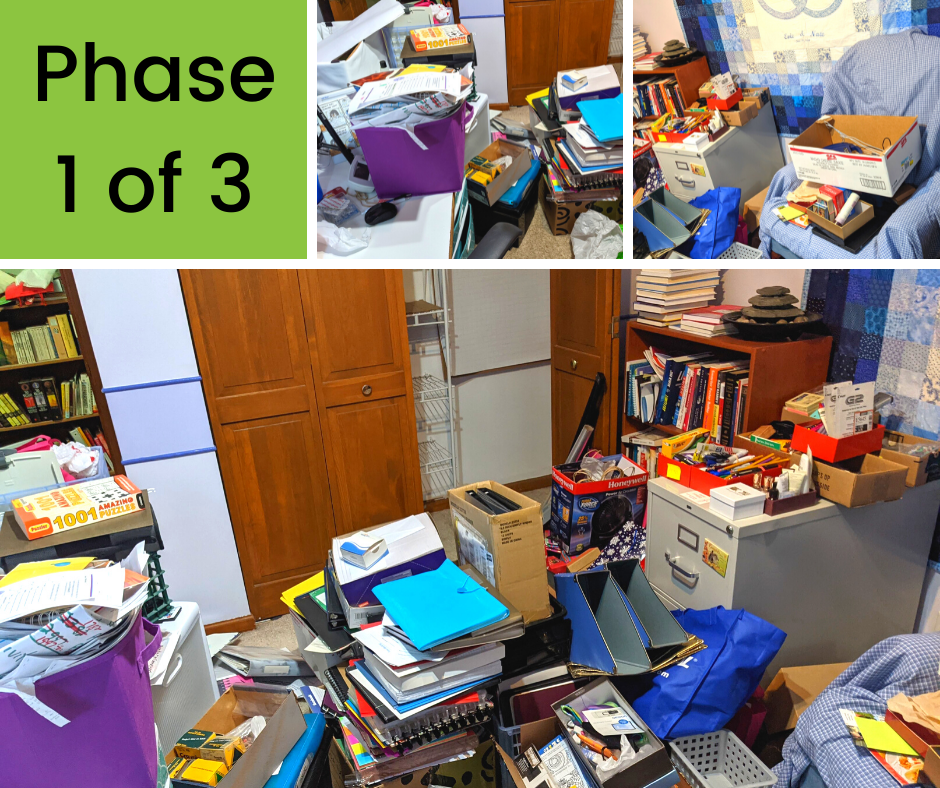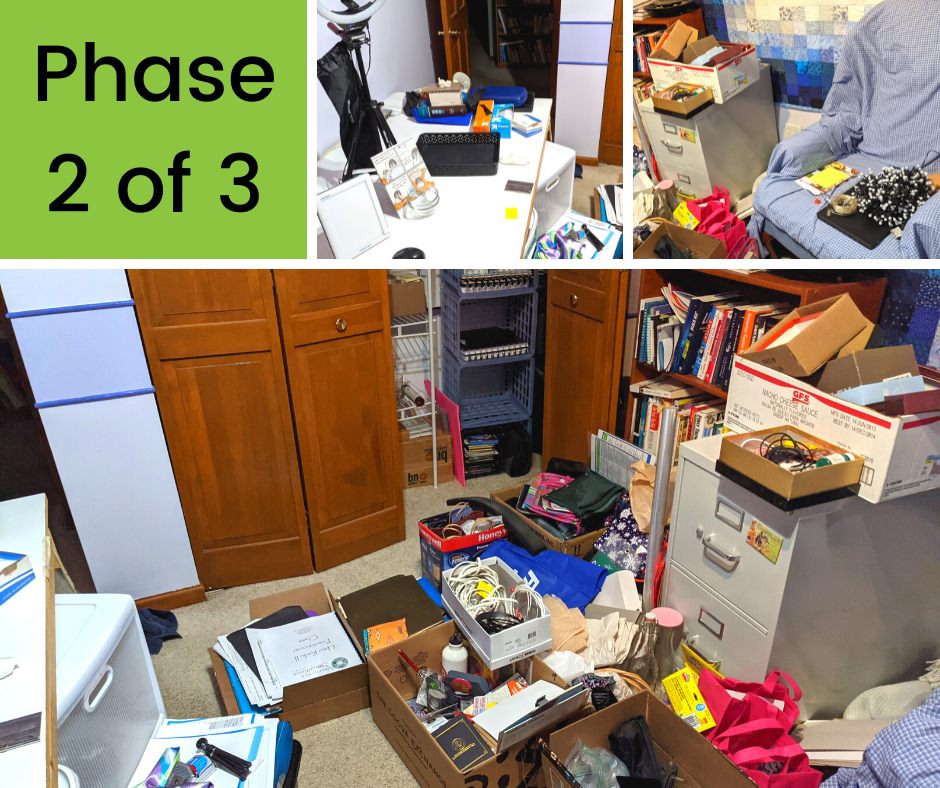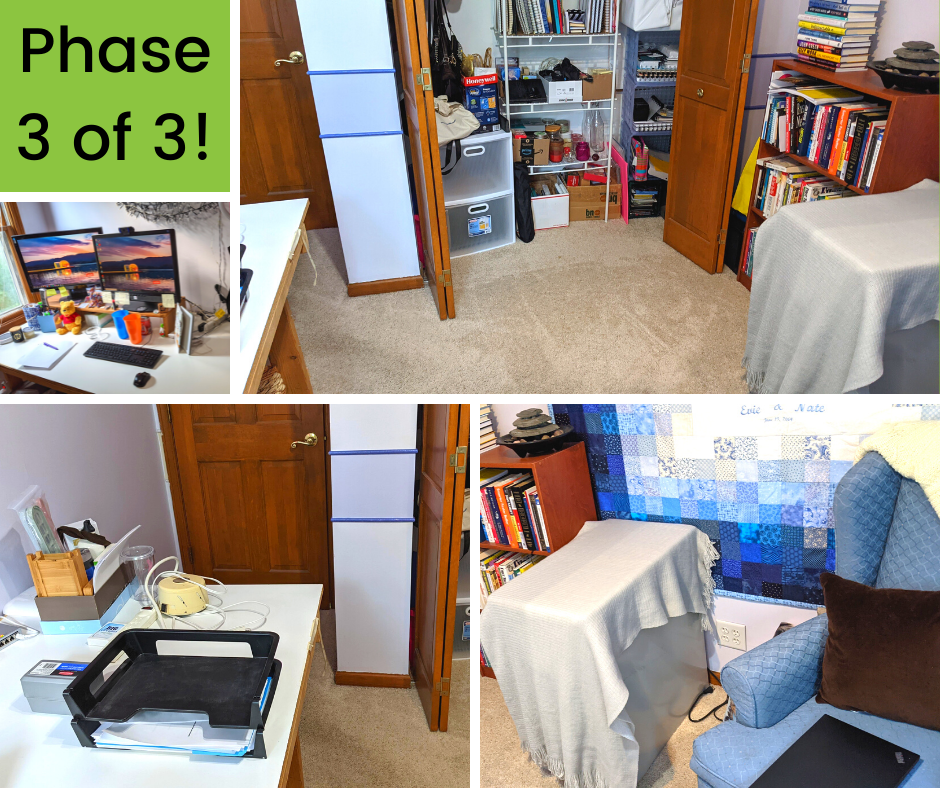Before I share about procrastination, let’s talk about the importance of naming things.
No, this isn’t about anthropomorphizing objects. This is about identifying what’s happening by naming it.
Most of the time, this is talked about in regards to feelings or a medical diagnosis.
Once you identify it (or name it), you’re able to better understand what’s going on, feel more in control, and ask for help (if you need it).
Especially with a medical diagnosis, naming it is very helpful. Once you identify the illness, you know where to focus your next steps.
Recognizing or naming patterns you fall into is also important.
A few years ago, I was at a family gathering, and I left feeling really annoyed with my sister. I realized I had fallen into a pattern from my teenage years and made an effort the next time I was with her to act like the adult I am and treat her like one (she’s only two years younger than me). If I hadn’t recognized the pattern/habit, I wouldn’t have changed it.
With your productivity, it’s super helpful to name how you’re most likely to procrastinate so you can recognize and change it.
Let’s name the two types of procrastination to help you with this.
The first is Unproductive Procrastination.
This is the one we generally think of when we talk about procrastination.
Unproductive Procrastination is scrolling through social media, getting lost on phone apps, watching your streaming service of choice (like Netflix or HULU), or watching TV or YouTube. Or any other unproductive things you might do instead of the important work you want to do.
The second type of procrastination is Productive Procrastination.
This one is super tricky because it makes you feel like you’re getting things done.
And you are!
BUT the important task that you needed to do DOESN’T get done because you spent so much time getting the less important things done instead.
I shared this definition with a client recently, and she said, “OMG, I do that ALL THE TIME! I didn’t even realize it!” The following week she told me that having a name for it was really helpful because now she sees when it’s happening and can change it.
Naming the patterns you fall into, especially around procrastination, can help you make changes.
I know everyone’s situation is different, so let me know if you want to chat about your situation.
AND if you have a question or topic you’d like to see in a future post, share it in the comments.
If you prefer listening/watching, you can catch this on Facebook or YouTube.





